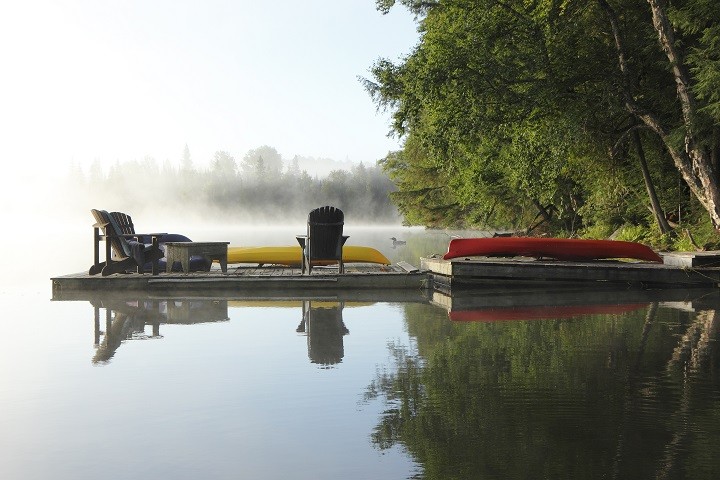In the midst of this glorious heat wave, let’s stay firmly rooted in cottage-mode, and afloat in the cool lake in particular, and look at a final series of issues you will want to consider for your cottage sharing agreement. Please note that the issues are not set out in any particular order of relevance.
One major, and possibly contentious, issue may be the use of the cottage itself. How will usage of the cottage be determined? Will a formal schedule be prepared? What about usage by family and friends of the owners? Be sure to fully negotiate this issue with all parties.
Consider such issues as one owner wishing to sell as well as the illness or death of an owner:
- What will occur if one owner decides to share his or her share? Should there be any conditions? Should the agreement provide that one owner can offer to buy out another owner at a specific price but the offeror also must be willing to be bought out at that price if the offeree so chooses? How is the value of the share to be determined?
- Consider an illness of an owner resulting in lack of use and/or lack of participation in decisions? Will an Attorney for Property take over or the remaining owners?
- Consider the death of an owner. What happens to his or her share? Do the surviving owners have any control over who they will share the cottage with?
As disputes will invariably arise, determine an appropriate dispute resolution mechanism such as mediation.
Consider how often the cottage agreement should be reviewed and what should be the procedure for amending the cottage agreement.
Lastly, but certainly not least, confirm that all owners have up-to-date Wills and Powers of Attorney.
If you share ownership of a cottage, to ensure maximum enjoyment and minimize potential problems, don’t delay in having a cottage agreement prepared. Take the time to consider the issues I have set out over the last few blogs and ensure your agreement meets the needs and concerns of all parties involved. A little upfront legwork could save not only time and money but even your relationships with the other co-owners should any issues arise. As always, I encourage you to seek the appropriate legal advice from a professional with the necessary expertise.
Reproduction of this blog is permitted if the author is credited. If you have questions or if you would like more information, please call us at 613 836-9915. This blog is not intended to be legal advice but contains general information. Please consult a lawyer or other professional to determine how the information in this blog might apply to you.
Blog posts pre-dated December 1, 2015 were originally published under Neff Law Office Professional Corporation.

